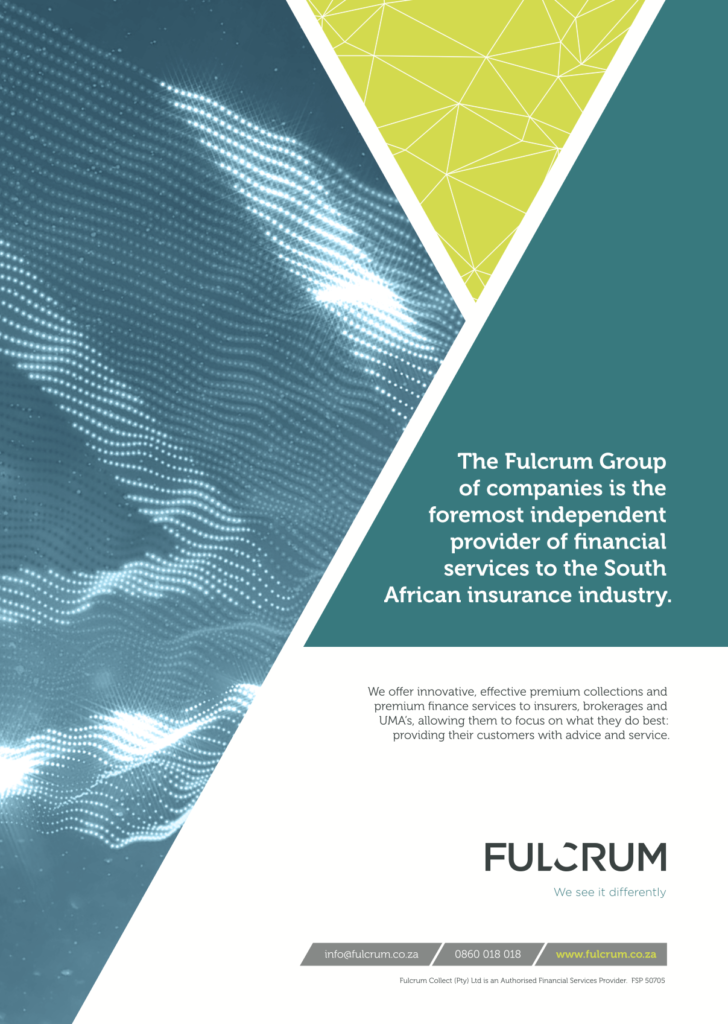Prin Munsamy, Solutions Actuary at Metropolitan GetUp
The World Bank Organisation describes the face of poverty in the starkest terms, which might lead you to believe that all poverty is the same, right? Wrong. There are, in fact, several different kinds of poverty, including that which is embedded in a society, known as ‘structural poverty.
“Poverty is hunger. Poverty is lack of shelter. Poverty is not having a job, is fear for the future, living one day at a time.”

When referring to structural poverty, the World Bank again pulls no punches, deeming it a “persistent and long-standing poverty that arises from systemic barriers that limit the ability of individuals, households, and communities to access resources, participate in markets, and realise their full potential.”
And while we see instances of this in both developed and developing nations, South Africa – which sports the highest Gini coefficient in the world – is a prime example of a country where structural poverty pervades due to our tumultuous past. Many live in poverty due to the economic and social structures that still exist in South Africa.
The role of insurance in addressing poverty
In a country where wealth is only enjoyed by a few privileged and structural poverty prevails, what role does insurance play? An important one. Insurance can be the final line of defence against poverty. It does this by protecting against situational poverty, caused by a crisis or sudden loss.
Also, consider that people already living in poverty need capital to live. In the absence of permanent work or savings to provide cash injections into a household, sometimes the only way that they can access the funds that will allow them to cover the education costs of a child or put a roof over their family’s heads, for example, is to wait for the insurance pay-out that follows the death of a loved one.
In China, the two largest causes of poverty are listed as disease (42%) and natural hazards (20%). A report released by researchers from a Beijing university and Swiss Re Institute investigated the role of insurance in alleviating poverty via two pilot projects and found that insurance and its supporting mechanisms were powerful tools in minimising the risk of falling into poverty due to ruinous health expenses or natural disasters.
Insurance acts as a cushion should the unthinkable happen. It works on the premise of sacrificing a little of your income every month, so when this one event happens, you have the means to survive it. In short, it bridges the gap created by an absence of wealth, buffering the policyholder and preventing them from falling victim to situational poverty.

South Africa’s foremost independent provider of PREMIUM COLLECTION AND PREMIUM FINANCE
We offer innovative, effective premium collections and premium finance services to insurers, brokerages and UMA’s, allowing them to focus on what they do best: providing their customers with advice and service.
Fulcrum Collect (Pty) Ltd is an Authorised Financial Services Provider.FSP 50705
One job loss away from poverty
The reality is that many South Africans, who face steep financial pressure thanks to the rising cost of living, are only one ‘unforeseen event’ away from poverty. This was made very clear to us when the Covid-19 pandemic took hold, and thousands sunk into poverty.
You could be currently employed, but still highly vulnerable to future poverty. Households with multiple incomes have a higher chance of surviving should an individual of that collective lose their income. However, if you have a single or primary breadwinner who loses their income or even life, the chances of that family succumbing to poverty are higher.
Single-income households in industries that are volatile, such as hospitality or farming – which are seasonal – are also extremely susceptible to poverty.
He says that even though money is tight, many South Africans still find a way to keep themselves insured. It is something that they value and so they are willing to make difficult trade-offs on their monthly budgets so that they can have some sort of cover.
When it comes to protection against poverty, is there one insurance product that trumps all?
When it comes to what kind of insurance should be prioritised, there is no clear-cut answer, as it will depend on the unique needs and circumstances of the individual. Different insurance solutions are designed to solve a variety of contexts. Many of our clients prioritise funeral cover because funerals may have special significance in their culture. Death has unpredictable timing, and the high cost of funerals can cause immense financial burden to loved ones left behind.
Moreover, the payout from a funeral policy is not only used to cover the costs of the funeral, as I’ve already highlighted, it’s also used to cover other costs.
When it comes to insurance, the key thing to ask yourself is, what is the thing standing between me and poverty? Is it my income? My spouse, who provides for my family? My work, which is reliant on my health? And then seek the appropriate level of cover.
Ultimately, insurance can help us protect ourselves and our loved ones against those events that may ruin us financially, and some cover is always better than no cover. Look for products that offer payment flexibility so that you can still retain a level of cover even when times get tough.

